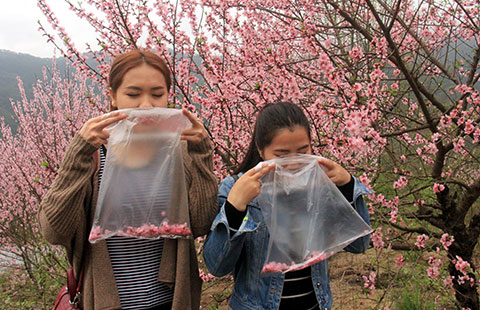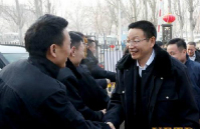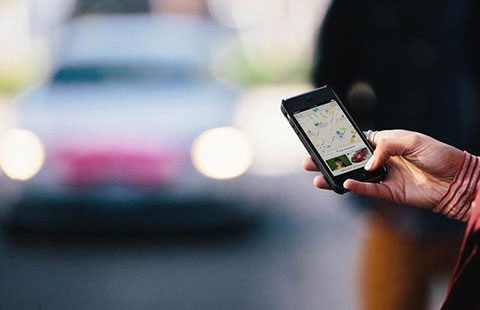Future classroom project aims to increase science learning
By Wang Hongyi in Shanghai (China Daily) Updated: 2016-02-29 08:08
Shanghai has announced a pilot project to improve teenagers' scientific literacy and innovative ability by building new classrooms in three of the city's primary schools.
The classrooms are designed to break with traditional teaching methods by moving away from space and time limitations and becoming more specific and innovative.
Dubbed "future classrooms", they are not intended as display platforms but will connect with the school's wider education process, according to the Shanghai Education Department.
By combining existing teaching resources, pilot schools will choose the most popular themes for their students and integrate other aspects such as science, sports, arts and health education, the department said.
Multimedia environments will be combined with online and mobile terminal elements to cultivate students' imagination and creativity, according to Teng Ping, president of No 1 Gao'an Road Primary School, one of the three pilot schools.
As part of the project, the school is creating a comprehensive science course integrating elements of other areas of study, while building a multifunctional classroom complete with areas for learning, engineering production, information and data query, project design and result displays.
Students will be able to work collaboratively on projects, across the different areas, and teachers of different subjects will come to give guidance and advice, Teng said.
The department said the pilot project will soon be expanded to more schools in the city to form the basis for a scientific education network.
Other cities that have embraced the "future classroom" pilot project include Shenzhen, Guangdong province, and Suzhou, Jiangsu province.
- Xi and Germany's Gauck promote new opportunities
- Identity stolen, woman deprived of campus life
- Emotions contribute most to sleep troubles
- China says any third party will not affect its ties with Cuba
- President Xi meets German counterpart on stronger ties
- Image makeover: Perception of govt officials needs new look
- $88m vaccine sales case triggers probe
- China's 'Tianqin' program starts infrastructure construction
- Students get into the swing for spring
- Blacklist urged to halt invasive species







